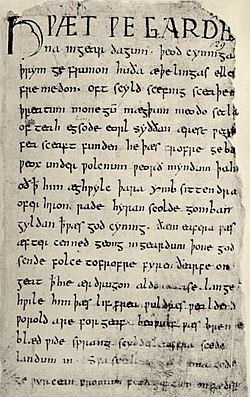In Willa Cather’s Death Comes for the Archbishop, Father Latour is a man of God who is devoted to both his church and its people. He is a meticulous man who takes his job very seriously. As an outsider to New Mexico, his point of view is easy for the reader to relate to. Furthermore, it plays a major role in creating the landscape and setting of the novel. Latour always tries to do the right and honest thing and is focused entirely on improving his own understanding of the people and land in order to improve his diocese. In using this character, Cather was trying to depict a man that the reader can easily empathize with. However, it appears to me that Latour is actually much harder to empathize with as a result. If this is all that the character is then his perfection makes Latour almost perfect. In other words, Latour is at a pinnacle of his goodness and I wonder where there is to go from there.
Cather spends a lot of time on describing the beauty of the landscape. But she not only conveys an appreciation for the land, she also conveys an appreciation for the difficulty in surviving in the vastness. Furthermore, Cather also depicts New Mexico with a kind of mystery or magic. Sometimes it feels like home and other times it feels like Mars.
It seems to me that the land is almost the primary protagonist in the story and Latour is only used as a lens that allows Cather to build a relationship between the reader and the land. Sometimes the land is described as peaceful and quiet and other times it is described as brutal and unforgiving. This is something that people who live there are constantly engaged with and as a result the land itself is an important character in the story.
 Consider the nature of
Consider the nature of